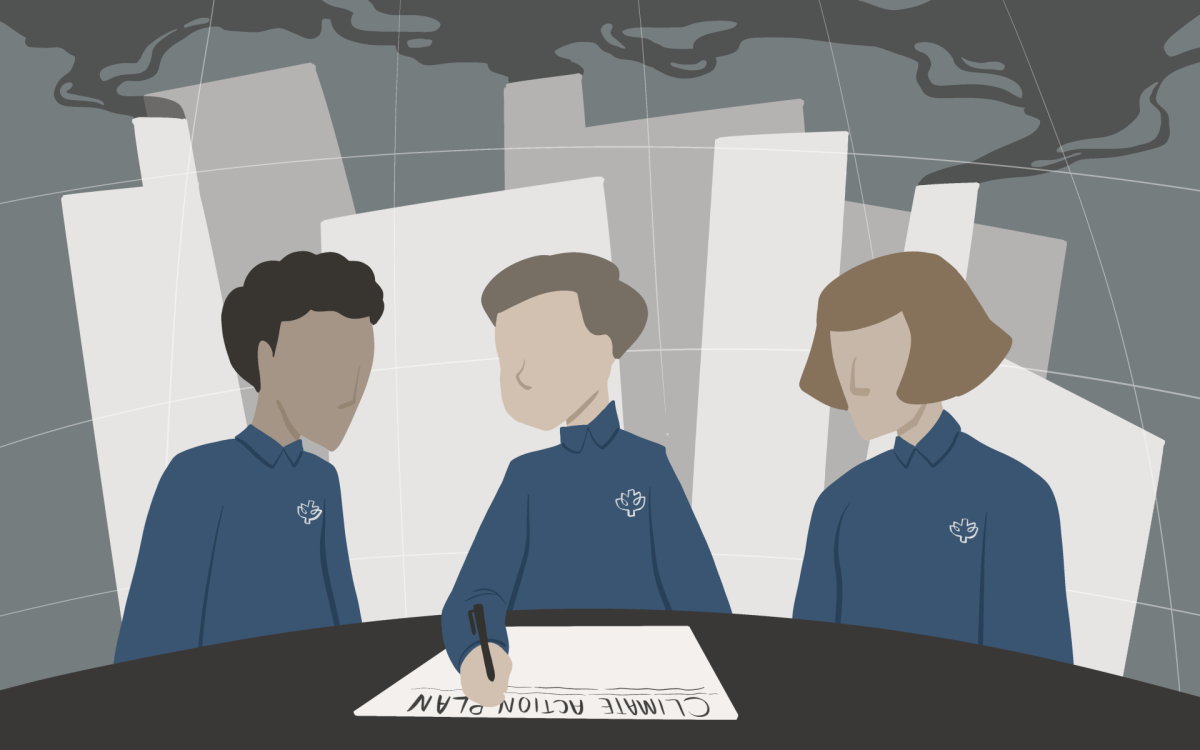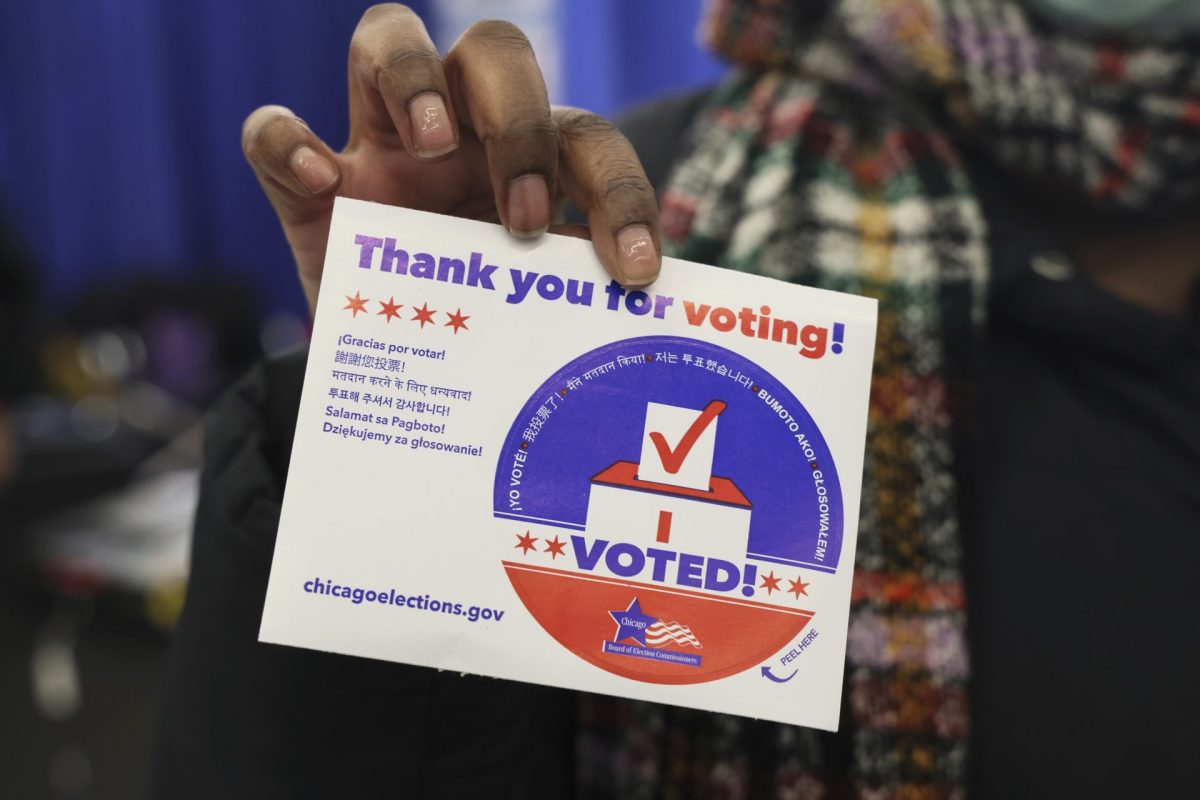A super typhoon swept through the Philippines more than a week ago, leaving the underdeveloped country forced to deal with the destruction it left behind.
Typhoon Haiyan, known by Filipinos as Yolanda, hit the country Nov. 8 after storm trackers watched it swell in the Pacific Ocean. According to NPR, the storm produced wind speeds of up to 195 mph and gusts reaching 235 mph. It was particularly devastating because of its size, which was reportedly 13 feet high. Experts believe the typhoon might be one of the strongest on record, but haven’t been able to confirm that due to inconsistent measurements of wind speed.
As of Saturday, Filipino officials reported that the death toll had soared up to approximately 3,600, BBC reported. This came after initial reports estimated 10,000 deaths. However, the United Nations issued a conflicting report, suggesting that there are as many as 4,400 dead.
Meanwhile, NBC News reported that 3 million people have been displaced with a little under 2,000 missing. Additionally, almost 500,000 homes were either damaged or completely destroyed.
Karl Rodriguez, president of DePaul’s Asian Cultural Exchange, has family in the Philippines from several of the affected areas. When Filipino officials began warning residents about Typhoon Haiyan, he tracked his family’s storm preparations on Facebook.
Rodriguez’s relatives and many others didn’t bother evacuating before the storm hit, and Rodriguez blamed this on miscommunication. Residents believed the storm was only a standard typhoon, which is common for the area and not a major concern. However, Typhoon Haiyan was a super typhoon, which produces tsunami-like damage.
“Instead of evacuating as they would normally do during a tsunami, most of them just stayed in their homes believing that they would be able to withstand the power of the storm,” Rodriguez said.
Rodriguez said he was awestruck by the images of devastation that began streaming through news outlets on television and the Internet. Despite inconsistent communication abilities in the Philippines, Rodriguez said his parents and family in the United States have reached out to their loved ones as much as possible.
“Right now the situation’s pretty grave, but thankfully all my family there are doing fine for the most part,” he said.
Since the Philippines is a third world country with limited resources, many are concerned about its ability to bounce back from this incident. Rodriguez said the most affected area of the country is known as the Southern Visayas, which is composed of mostly farm and rural communities. He said many of the buildings in that area aren’t structurally sound, and there’s also a lot of farming and plantation.
The first step to recovery, Rodriguez said, is to get the government on track. Filipino officials are known for corrupt practices and selfish thinking, and President Benigno “Noynoy” Aquino has been accused of drastically underestimating Typhoon Haiyan’s impact. Rodriguez said officials must take action and step up their game.
“Hopefully this will help them open their eyes in realizing how much their people actually need their support and their assistance,” he said.
Rodriguez also hopes wealthy Filipinos will reach out to help their “fellow brothers and sisters.”
Meanwhile, Rodriguez and the rest of ACE are doing their part to help Filipinos in need. They raised $410 at their most recent general body meeting that will go to Gawad Kalinga, a grassroots organization that helps build sustainable housing in the Philippines.
Some ACE members went a step further and volunteered in the Chicago community, where several organizations are collecting donations and money for Filipino aid. DePaul freshman Anthony Ounsy volunteered at the Rizal Heritage Center last week and helped pack donations to be shipped overseas. Ounsy said it was hectic, but was pleasantly surprised by the large number of donations.
“We as a community should be able to provide for others as well,” he said.
Despite the distance between the U.S. and the Philippines, Ounsy believes it’s important for people to reach out and do what they can. We live in a developed country, he argued, and have the ability to do a lot for Filipinos in need.
“They can’t help their own situation,” he said.
Rodriguez agreed, noting how much DePaul prides itself in its Vincentian values.
“There’s a Filipino proverb that goes ‘As long as there’s life, there’s hope,'” he said, “and I believe each of us can be that life and that hope for these people.”







